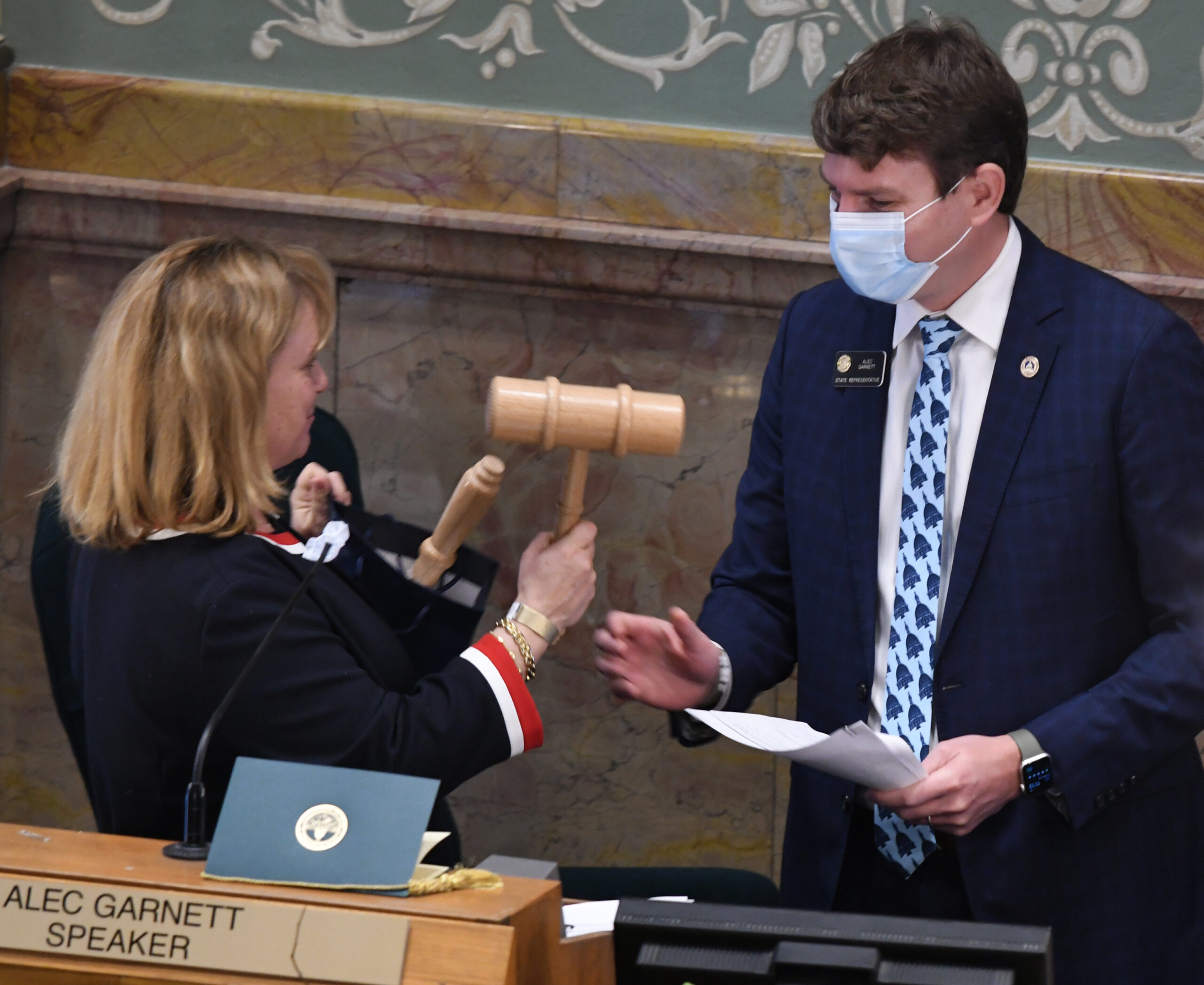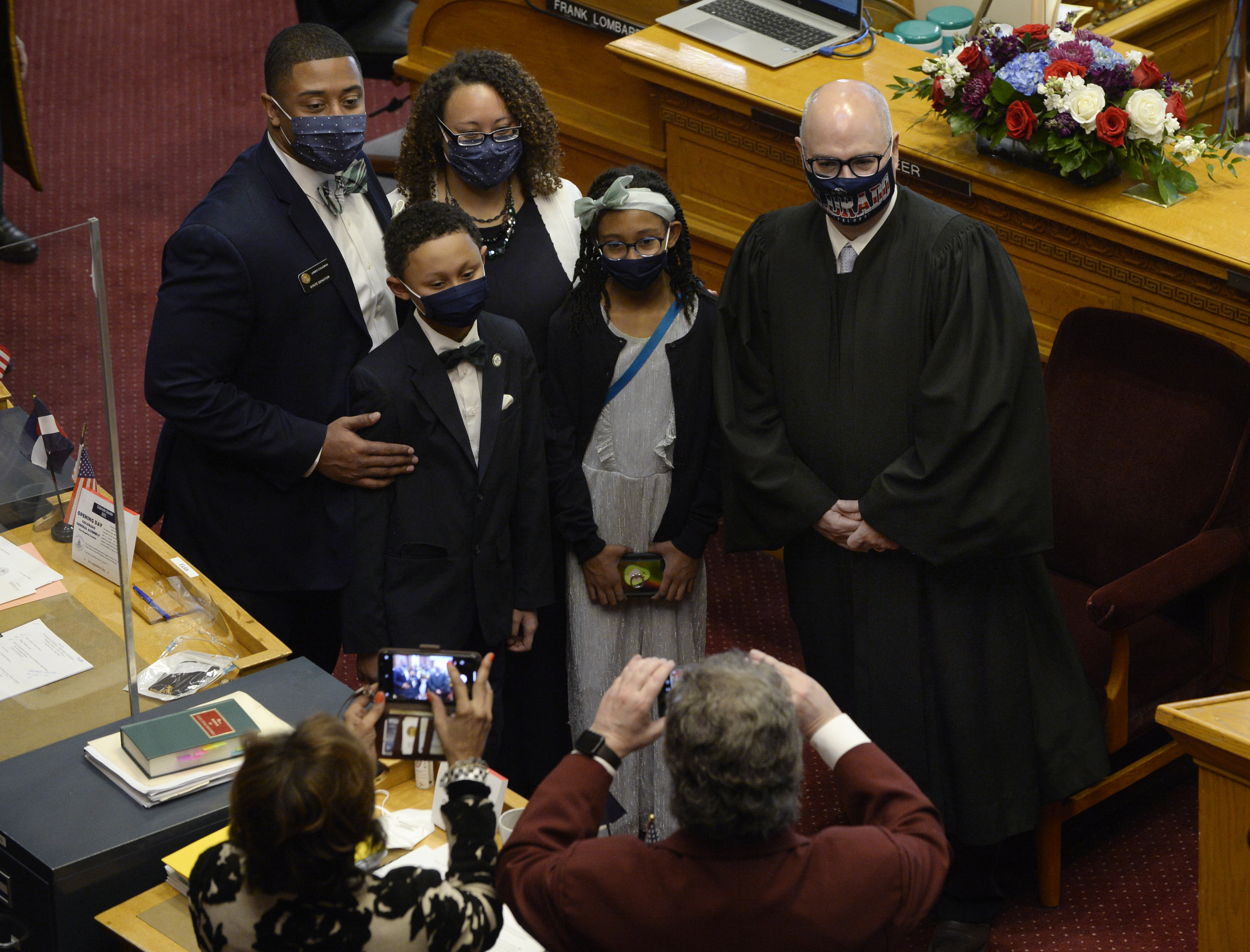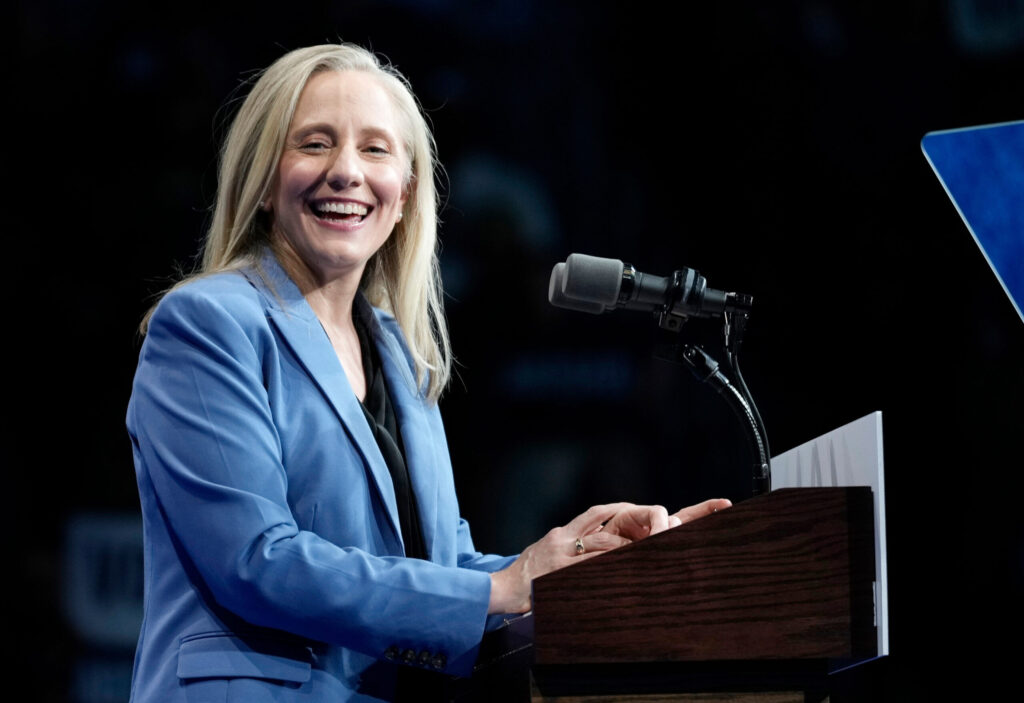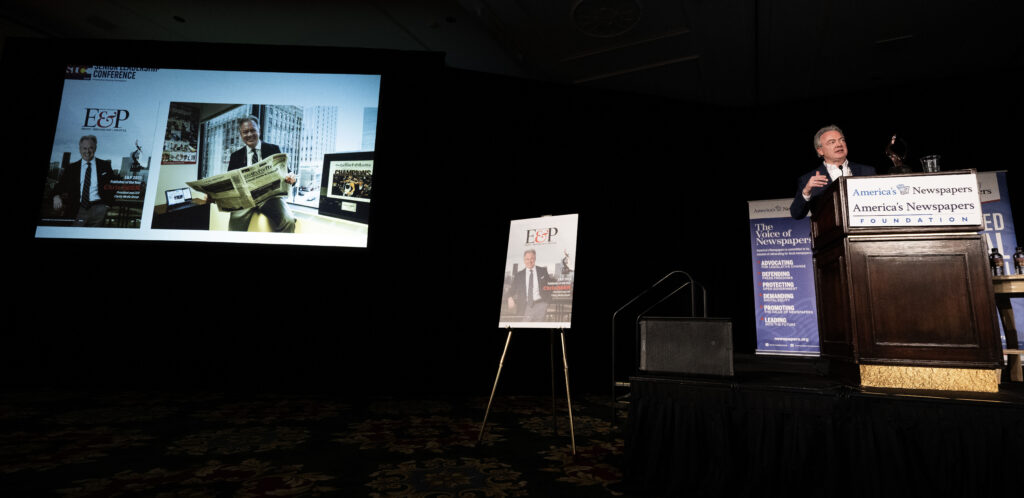After a slow start, Colorado House wraps up day one with quick work on bills
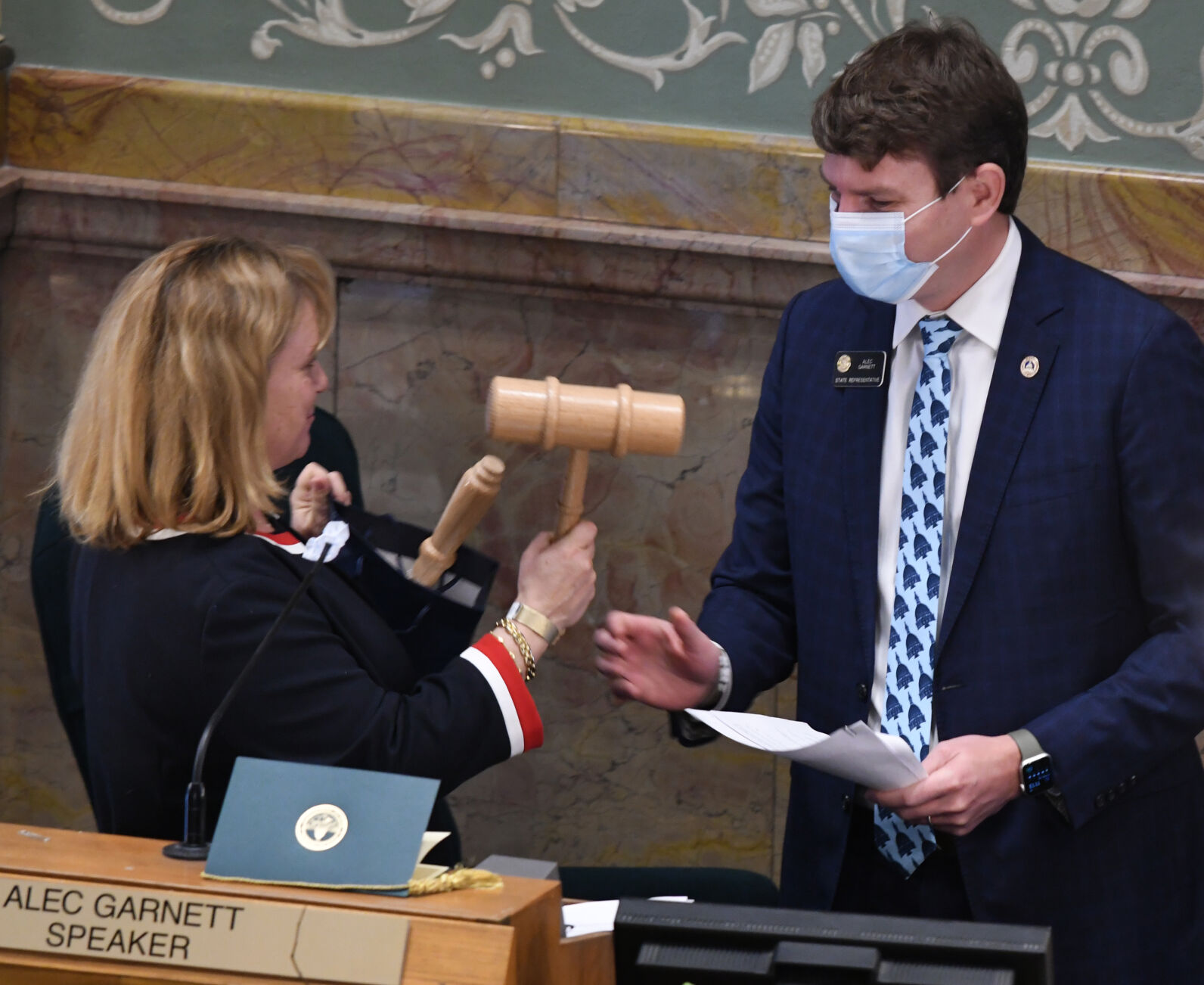
Following more than five hours in debate over rules, the House made quick work out of the four bills on the day’s calendar.
The House State, Civics, Military and Veterans Affairs Committee, with a slightly new name, approved two measures: House Bill 21-1001, which allows remote participation in political party meetings while the pandemic is ongoing; and House Bill 21-1003, which allows SMART Act hearings to take place during the General Assembly’s planned recess. The measure also allows remote participation by lawmakers in committee meetings, also related to the pandemic.
The committee had both bills approved in about 20 minutes. HB 1003 passed on a party-line 7-4 vote; HB 1001 cleared on a 10-1 vote. The lone “no” votes, from Rep. Dave Williams, R-Colorado Springs, was over allowing those on vacancy committees to participate remotely through Dec. 31 even if the pandemic is over by then. Williams wanted language to change the deadline to the end of the state’s disaster declaration if it is earlier than the end of the year.
A longer discussion over taxes kept the House Finance Committee at work into the evening on two bills, House Bill 21-1004, on remote notarization for electronic wills, and House Bill 21-1002, to change tax statutes tied to a 2020 bill.
On the wills bill, “the impetus,” said Colorado Springs lawyer Stan Kent, was “obviously not COVID, but a recognition that the world is changing and as society evolves, then law has to keep up with society.”
Kent, speaking on behalf of the Colorado Bar Association’s Trust and Estate Section, added, “Citizens are using electronic tools to transact all their business … younger generations shun paper. They just don’t want it.”
Kathleen Johnson, with Sherman & Howard, testified that with her offices closed, “we have no means for meeting with clients safely. Without electronic wills, our hands are tied and Colorado residents are put in a precarious position going forward. They must choose between their own safety and ensuring that their final wishes are respected.”
With no opposition in committee, one of HB 1004’s sponsors, Rep. Matt Soper, R-Delta, speculated that some people may say, “if it ain’t broke, don’t fix it.” Only one other state, Utah, has taken action on allowing electronic wills as an option, but others are considering it.
The Finance Committee held a lengthy hearing about House Bill 1002, a highly technical proposal addressing businesses’ taxable deductions in response to federal changes through last year’s CARES Act. A fiscal analysis for the bill showed losses of $210 million over the next 10 years by broadening the deductions.
“If the bill passes, the state has less revenue. That is because businesses have more deductions,” Rep. Mike Weissman, D-Aurora, explained to the committee. “If the bill does not pass, the state has whatever revenue it was going to have as indicated by forecast.”
Rep. Adrienne Benavidez, D-Denver, was a strident critic of the measure. HB 1002 was a response to House Bill 1420, passed in the 2020 session, which reversed some of the federal changes and in turn raised revenue from businesses. Benavidez said HB 1420 was good policy, not a mistake.
“Our entire tax system is a regressive tax system because of our tax expenditures that favor companies and higher income people,” she said. “That’s who’s getting the benefit of all this. It is not all those little businesses that are closing in our economy right now.”
“I didn’t make a mistake,” Benavidez added. “Maybe some people didn’t intend for those big businesses to lose those tax expenditures, but I voted for it.”
The Finance Committee approved the bill 8-3, with Benavidez the only Democrat to vote no and Reps. Stephanie Luck, R-Penrose, and Janice Rich, R-Grand Junction, the only Republicans to vote yes.
After a brief stop for passage of HB 1002 and HB 1003 in the appropriations committee, all four bills headed to the House floor and second reading debate.
Among the discussions: an amendment offered by Rep. Colin Larson, R-Littleton, to strip out language in HB 1003 that allows lawmakers who participate remotely from home during the pandemic to collect per diem, which lawmakers use to pay for non-mileage expenses. It was also an issue raised in the state affairs committee, with bill proponents pointing out that even when participating remotely from home, many lawmakers who live more than 50 miles from Denver still have Denver housing expenses during the session.
Larson’s amendment was more about those who live close to the Capitol and still collect per diem. “If you choose to participate remotely, that’s fine,” Larson said. “Do what’s right for your family or medical condition. But if you choose to stay home, you should not collect $45 per day of taxpayer dollars” which is the daily per diem rate for lawmakers who live within 50 miles of Denver.
Bill sponsor Speaker Pro tem Adrienne Benavidez, D-Adams County, countered that per diem is not salary and that lawmakers are not required to identify expenses covered by per diem that a lawmaker could incur when participating remotely. “That’s their choice,” she said, adding it is a fairness issue and that a discussion about what per diem is used for is a different matter. The amendment – and a second one from Rep. Rod Bockenfeld, R-Watkins, to disallow per diem for lawmakers who live more than 50 miles from Denver and participate remotely – failed.
All four bills received preliminary approval Wednesday night and are on the calendar for final votes on Thursday.
